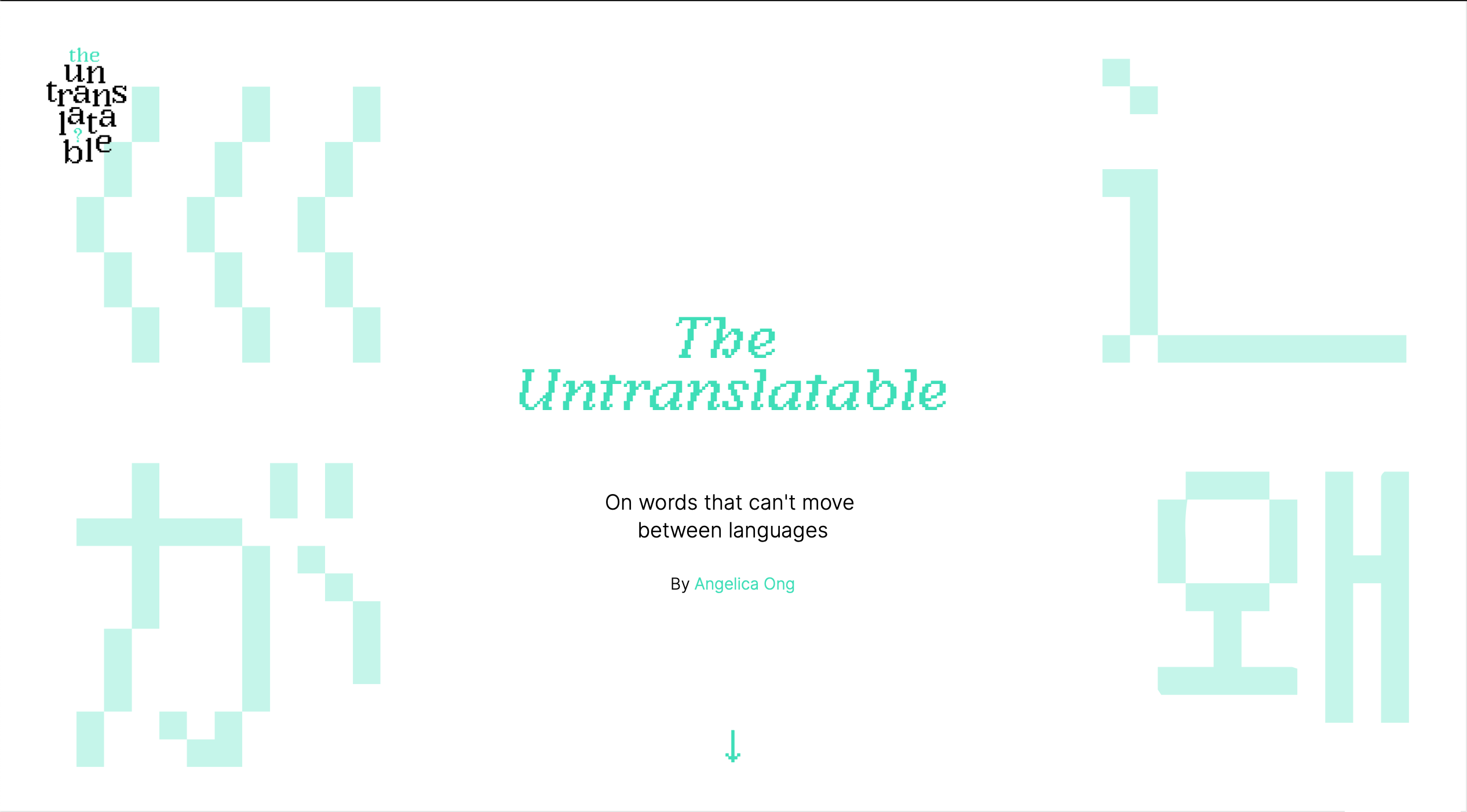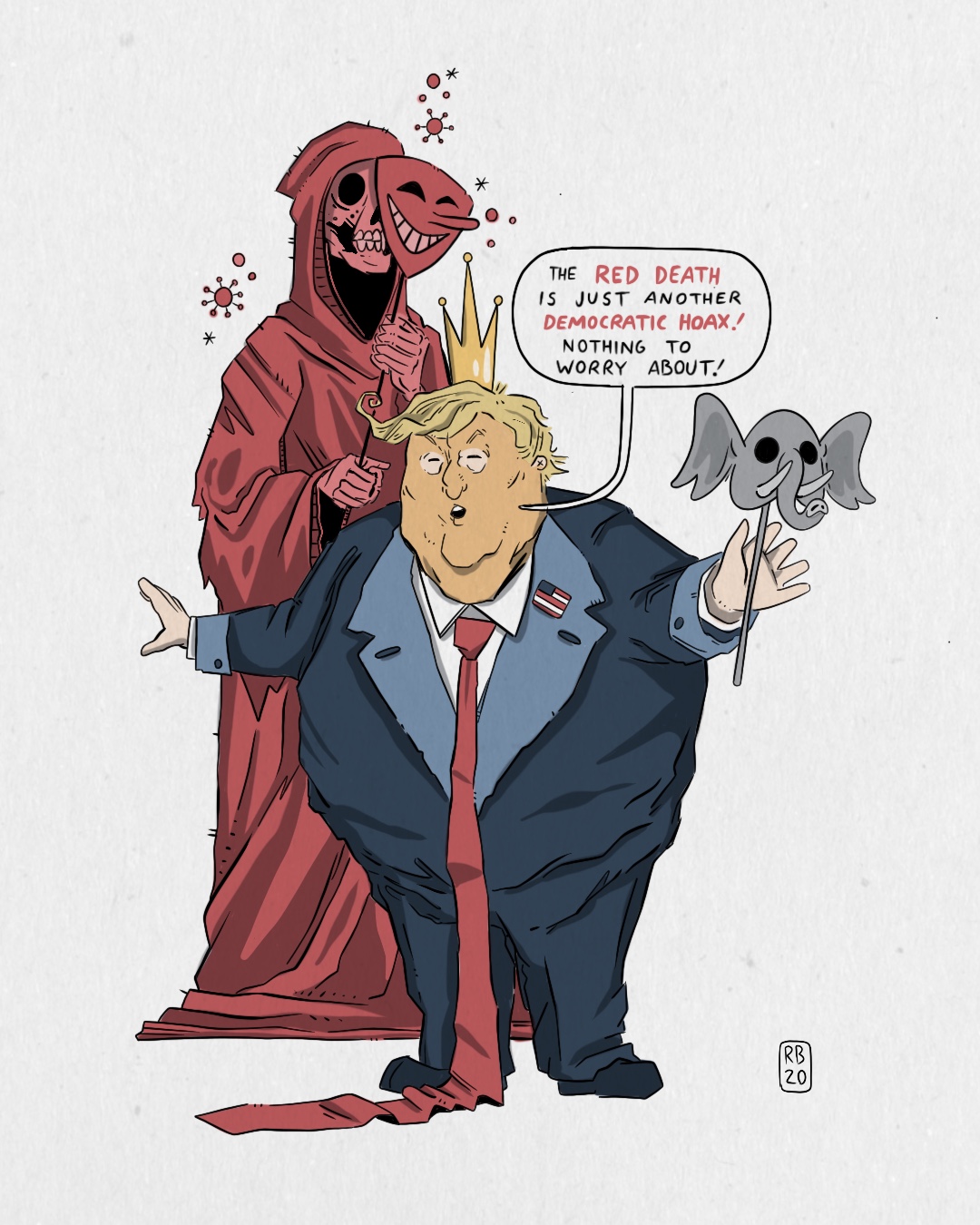
When it comes to sustainability, artists and designers must not only hold politicians accountable, but ourselves, as well. The School of the Art Institute of Chicago (SAIC) is one of the leading art and design schools in the nation, and we are creating both for the world and from the world. So, in order to understand issues of sustainability, we have to know how to speak the language of sustainability. With this in mind, here follows a lexicon of sustainable terms.
Biodegradable: Things which, through natural processes of decomposition, can be reduced to the simplest chemical components and rejoin natural cycles in a relatively short amount of time. This term can be confusing as everything breaks down in the natural world eventually, but some things take much longer than others. Ex: An apple core takes about 2 months while a battery takes about 100 years.
Compostable: Closely related to biodegradable, this term describes something which degrades in a compost, usually with the assistance of fungi and microorganisms, and leaves no visible or toxic residue. Not all biodegradable things are compostable.
Cradle-to-Cradle: From the 2002 book by Michael Braungart and U.S. architect William McDonough, cradle-to-cradle is a design model that promotes designing with renewable materials which, at the end of their life cycle, will naturally become a nutrient to create more materials.
Down-cycling: Recycling an item into a new item or into items that have less function and quality than the original. Ex: Prescription medication bottles may be eventually down-cycled into single-use plastic bags.
Embodied Energy: The amount of energy used to produce a material. A material that goes through many different man-powered processes to be created — like extracting, refining, etc. — has a high-embodied energy, while something that can be used in a state close to its natural form has a low embodied energy.
Fast Fashion: A design model favoring quantity over quality in which high volumes of clothing are produced rapidly with low-quality materials at very low prices. According to some estimates, the fashion industry is responsible for 10 percent of global carbon emissions and it has long been a source of human rights abuses.
Found Objects: A man-made or natural object that is appropriated by an artist into an art piece. Found objects can give artists an opportunity to repurpose objects that might otherwise be wasted. Ex: Marcel Duchamp’s “readymades.”
Greenwashing: Deceptive promotion of a company, product, policy, or service as environmentally-friendly, when it has little to no commitment to sustainable practices.
Integrated Design: A design model in which all aspects of production and execution are considered holistically before the design is implemented. This requires both division of labor and strong communication and coordination within a project.
Life-Cycle Assessment: An analysis of an object or material’s entire environmental impact, from its creation to its decomposition. This includes not just a material’s production but also transportation and relation to other materials and the industry.
Planned Obsolescence: When a product is designed with the intention of making it unusable within a short time frame due to the rapid creation of new models, new parts, and new updates that are incompatible with the original. This is very common in technology, especially with personal devices like cell phones. The European Union recently passed laws limiting planned obsolescence, but the U.S. has not.
Recycling: Forming new material out of an object that has served its original purpose and/or been discarded.
Renewable: A resource which, when used responsibly, is naturally replenished at the rate it is consumed. Ex: Wood is a renewable resource so long as enough parts of woodland are left unharvested to continue growing.
Reduce: To lower one’s consumption. Ex: Limiting your time in the shower to 10 minutes or less.
Reuse: To use an item that would have originally been discarded for its original purpose. Ex: saving a glass bottle and using it as a water bottle.
Sustainability: A philosophy that takes into account biology, ecology, industry and human activity to meet the needs of the world in the present day without depriving the future.
Sustainable: A practice, material, or approach that in its present state or rate of use will not harm the environment or deplete a resource in the long-term.
Upcycling: To repurpose an item or material that would have otherwise been discarded in a way that is long-lasting and/or adds value to the item. Ex: Creating a necklace out of coke bottle tops.







